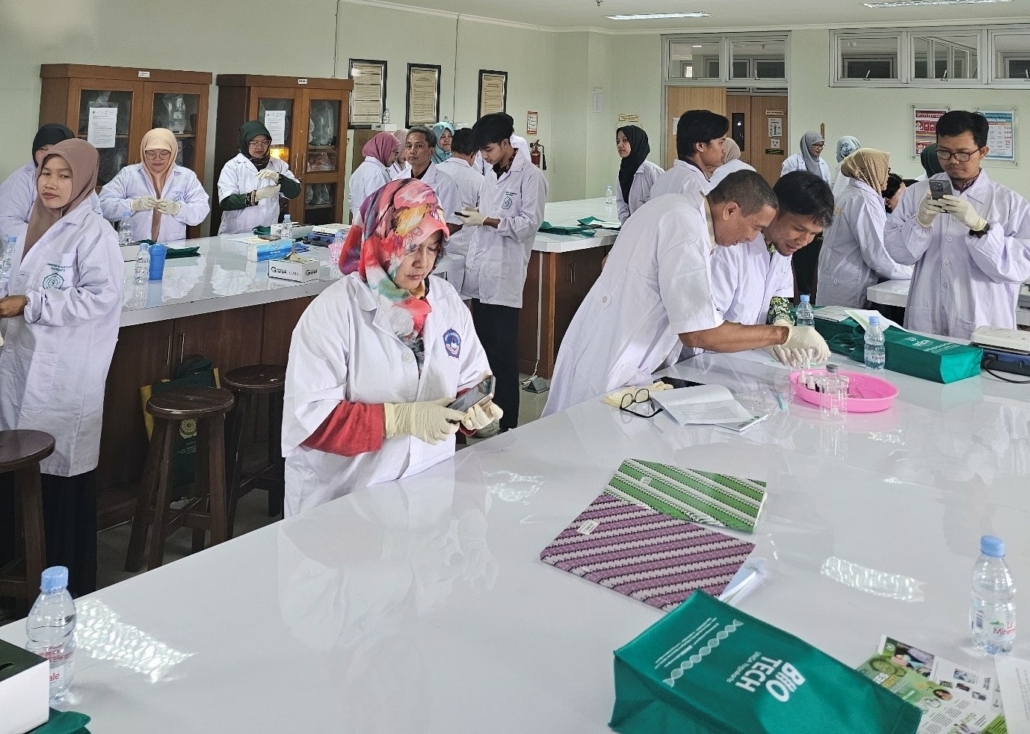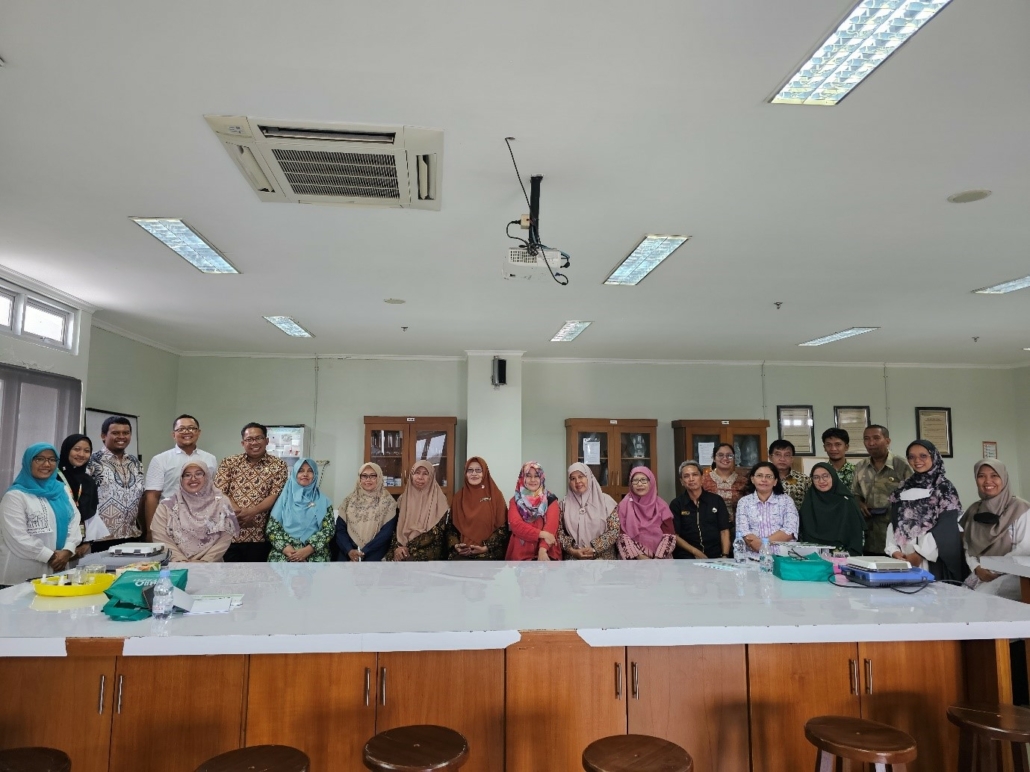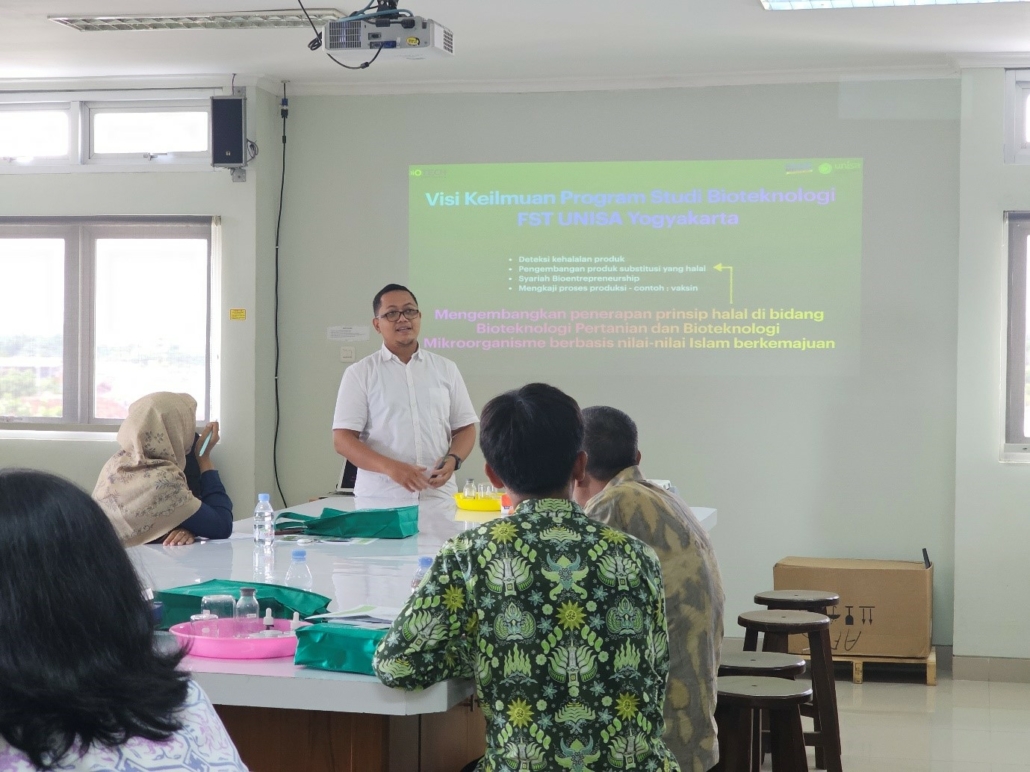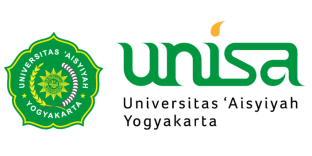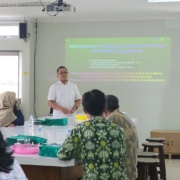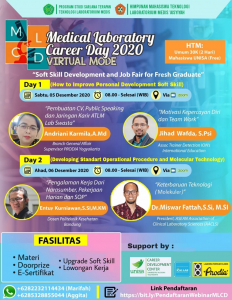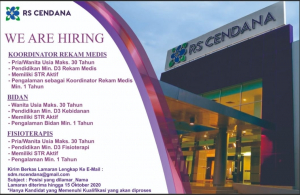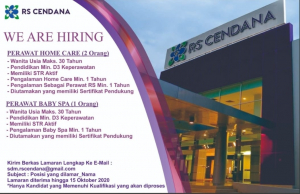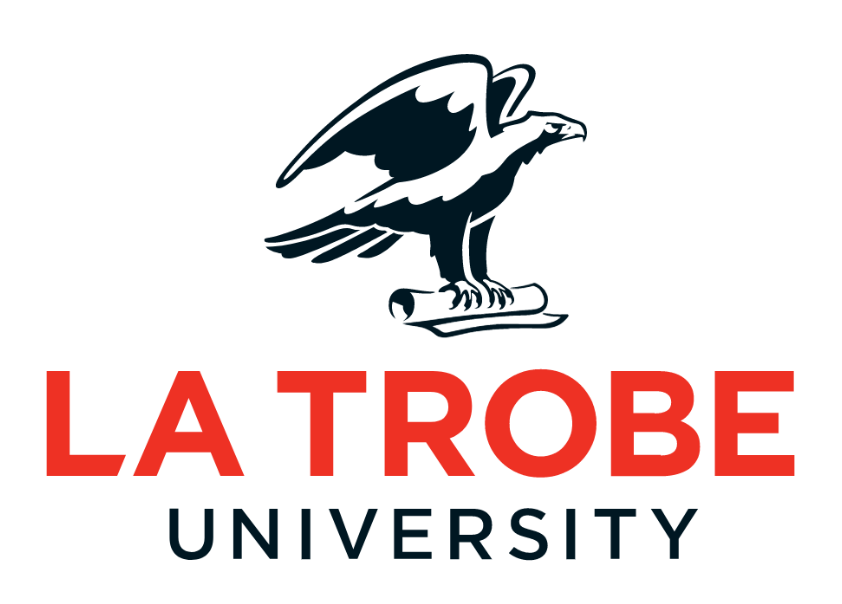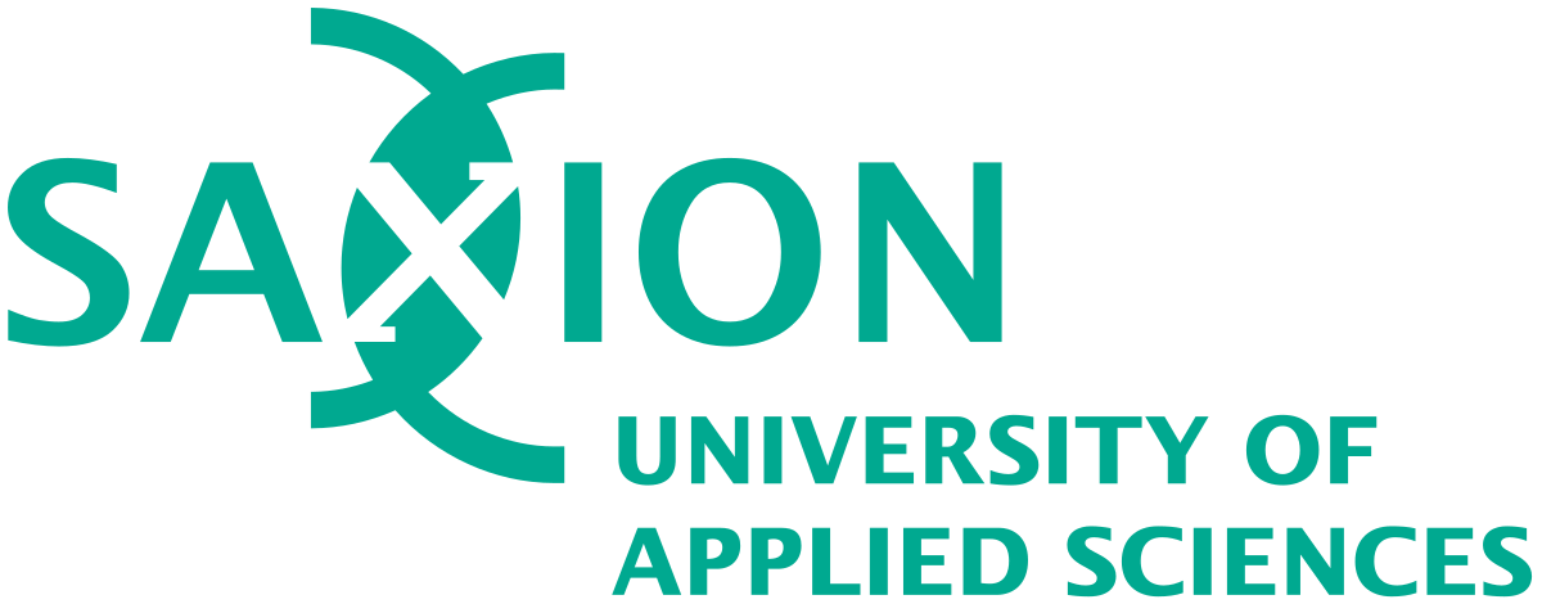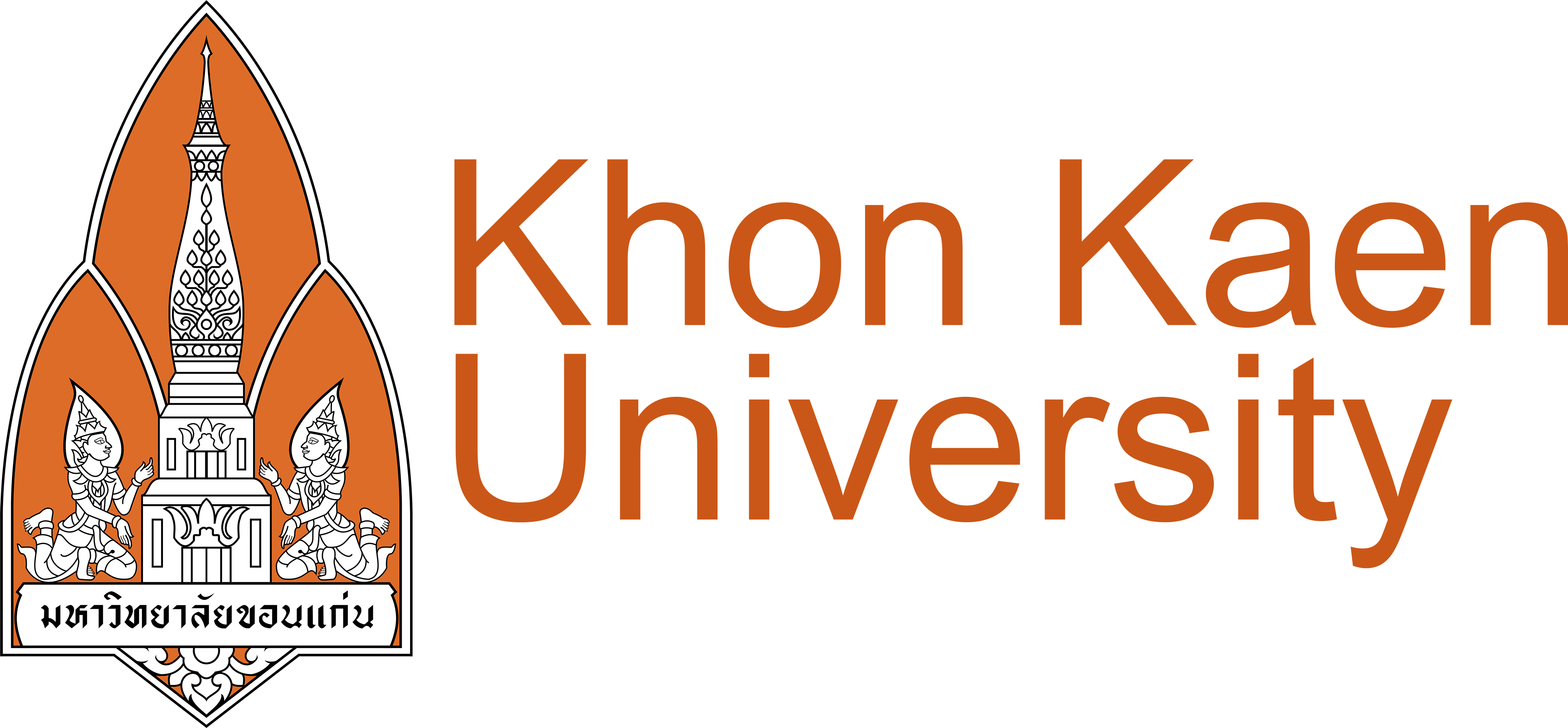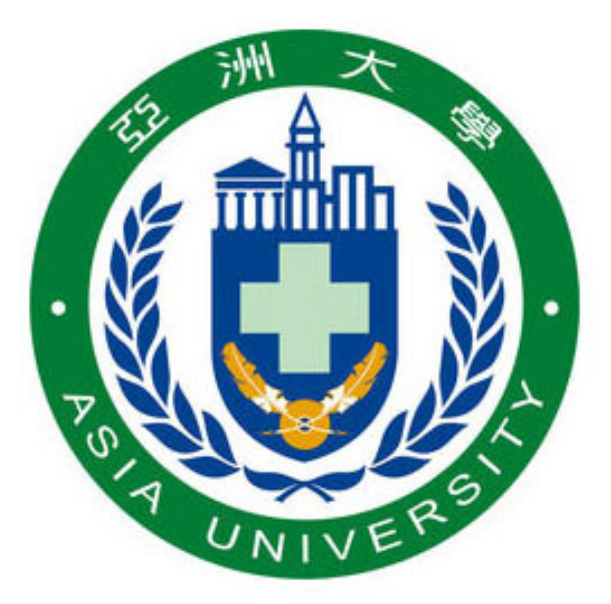Faculty of Science and Technology (FST) Universitas ‘Aisyiyah Yogyakarta (UNISA Yogya) through the Biotechnology Study Program held a series of EduBioLab (Educating Biotechnology & Laboratory) workshops.
The workshop, which was attended by high school teachers from the Biology Subject Teachers Association (MGMP) of Yogyakarta City, aimed to provide education about makingsunscreen, one of the biotechnology products made by students from the Student Creativity Program (PKM) research.
This workshop is the first step of UNISA Yogya’s Biotechnology Study Program in establishing cooperation with MGMP Biology teachers in Yogyakarta. Previously, similar visits and activities were held with DIY MGMP Biology teachers before the COVID-19 pandemic.
Despite being able to hold activities offline, UNISA Yogya still adheres to the protocol for conducting practicum in the laboratory of Siti Bariyah building on Friday (16/02), including the use of lab coats and gloves to maintain safety and health during the activity.
The workshop was welcomed by UNISA Yogya, especially by the Dean of FST Tika Ainunnisa Fitria ST., MT., Ph.D., who gave a speech to the high school teachers from MGMP Biology Yogyakarta City.
The Head of Biotechnology Study Program, Arif Bimantara, S.Pi., M.Biotech, explained the vision of Biotechnology Study Program which focuses on the application of halal principles in the field of Agricultural Biotechnology and Microorganism Biotechnology based on progressive Islamic values.
“The Biotechnology Study Program hopes to continue to collaborate with teachers to hold EduBioLab activities that guide students to become ‘Biotech Junior Scientists’ and continue several government programs such as Merdeka Belajar Kampus Merdeka,” said Arif.
The Biotechnology Study Program also hopes to implement a Guest Teacher Program where lecturers can teach in high schools and conduct mini research together with teachers, and produce joint publications.
EduBioLab Workshop activities open insights and share information about making sunscreen using ingredients that are easily available on the market, with the addition of bayang flowers as the main factor. The utilization of bayang flower extract adds added value with antioxidant ingredients such as flavonoids and tannins that can be an antidote to free radicals, increasing the Sun Protection Factor (SPF) in making ‘sunscreen’.
The presentation on sunscreen was also delivered by Biotechnology Study Program lecturer, Sharfina Mutia Syarifah, B.Sc., M.EngTech, who explained the utilization of extracts and the use of biotechnology in making sunscreen.
